By: Zachary Draves
He was among the best of the best that Brooklyn had to offer.
He was larger than life in every way.
He was the quintessential hustler who sought out the American Dream by any means necessary and then attained it.
He let us know that after all the trying times and overcoming insurmountable odds to reach the mountain top, that “It’s All Good Baby Baby!”
He was the ultimate player but a devoted family man who wanted the best for his children.
He hypnotized us with his presence and captivating rhymes that told stories that mainstream society largely spurned.
We wanted him to give us one more chance and 25 years ago that chance was taken away.
He was Christopher Wallace aka Biggie Smalls or the Notorious BIG.

(Courtesy: Larry Busacca/WireImage)
On March 9, 1997, Biggie was right where he wanted to be in the rap game as he was anticipating the release of his now acclaimed album Life After Death that portrayed a man that was ready to do right by those he loved and loved him right back.
![Notorious B.I.G. - Life After Death [Edited Version] - Amazon.com Music](https://m.media-amazon.com/images/I/51F1xs1aGKL.jpg)
(Courtesy: Amazon.com)
Tragically, all those hopes were dashed in a hail of gunfire as he and his entourage were leaving a Vibe Magazine party after the 1997 Soul Train Music Awards at the Petersen Automotive Museum in Los Angeles.
Biggie was only 24 years old and his murder has never been solved to this day.
From his humble roots in Brooklyn’s Bedford-Stuyvesant, to him being discovered in Source Magazine’s unsigned hype column, to his meteoric rise with his debut project Ready to Die, to the East Coast/West Coast beef, and to that fateful night in Los Angeles, the Notorious one meant so many things to so many people and among them were athletes.
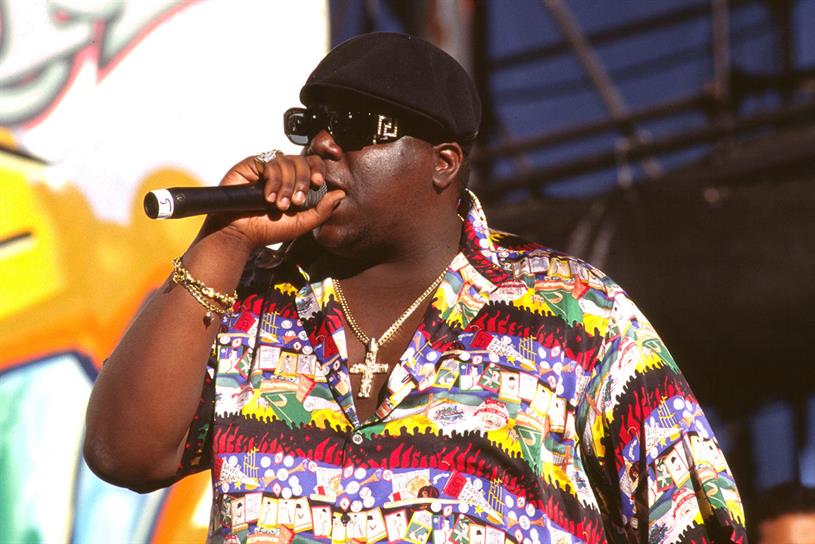
(Courtesy: Campaign)
Not just any athlete, but athletes that had deep ties to the culture.
The relationship between sports and hip hop is looked at as seamless, just a given, but in many cases it has deep roots in similar journeys, struggles, and triumphs.
Those sensibilities are summed up in Kurtis Blow’s iconic “Basketball”, the friendship between Deion Sanders and MC Hammer, the Michigan Fab Five, the connection Tupac and Mike Tyson shared, the bond of LeBron James and Jay Z, and the top down hip hop aesthetic that was Allen Iverson.
But when you’re talking about Biggie, you are also talking about his allegiance to a man that was equal in stature and size who could also spit a dope rhyme or two and that was none other than the diesel himself Shaquille O’Neal.
According to Justin Tinsely, ESPN writer, Around the Horn panelist, and author of the upcoming book It Was All a Dream: Biggie and the World That Made Him, the two shared a special bond to where they essentially looked out for one another.
“With Shaq and Biggie, there was that mutual respect even when they didn’t know each other” he said.
“The friendship was pure. Whatever they could do to help the others’ career they did.”
Their love for each other started when Biggie gave Shaq a shoutout on his classic “Gimmie the Loot” over the Ready to Die album.

(Courtesy: Pitchfork)
Shaq then asked Biggie to be on his 1996 release You Can’t Stop the Reign in which they worked on the title track with Biggie spitting two verses.

(Courtesy: Hip Hop Journal)
They were a ride or die matchup that was true blue hip hop to where it could be viewed as Shaq being Biggie on the hardwood and Biggie being Shaq on the mic.
That love also found a place in the O’Neal household particularly when it came from Shaq’s beloved mother Lucille who saw Biggie as another son and Biggie really respected and admired her.
“Biggie saw a lot of his mom in Shaq’s mom” said Tinsely.
The two had planned to meet up at the Petersen Automotive museum the night Biggie was killed but Shaq overslept and wasn’t there when events unfolded.
A story he told to ESPN in 2011.

(Courtesy: Youtube)
To this day, Shaq still wrestles with feelings of guilt of whether he could have done anything to save Biggie.
Would Shaq’s presence have made a difference?
Or what if Shaq was killed with Biggie?
“If Shaq and Biggie got killed, it would have changed the trajectory of the NBA” said Tinsely.
If that were the case, then the Lakers wouldn’t have won three straight championships between 2000-2002.
Given that Shaq has had to live through the deaths of Biggie and Kobe Bryant in 2020, it must give him pause to think about his own life.
“Living with survivor’s remorse is hard” said Tinsely.
“One of the most sobering things of life is when people die or transition because it reminds you of your mortality.”
As the ESPN piece indicated, Shaq takes pride in the fact that he was able to play a small but significant part in Biggie’s legacy, a legacy that is continuing to unfold a quarter century after his death due to the emotional attachment that many still have for him.
“It would have been great to see Chrisopher Wallace become what he wanted to become” said Tinsely.
“He left so much great work but part of the legacy is the pain of what could have been and what should have been.”
25 years later, we continue to mourn and we continue to celebrate yet another young life that was full of promise taken away too soon.
If anything, the fact that Biggie Smalls’ legacy is still unfolding is an indication that greatness never dies even when those who produce such greatness are not here in a physical sense.

(Courtesy: Rock and Roll Hall of Fame)
That effect is embodied in the likes of Shaquille O’Neal with whom Biggie forever shares a special kinship rooted in shared purpose and appreciation that extends beyond time and space.
And if you don’t know now you know you know.
Rest in Peace to Chrisopher Wallace (Notorious BIG, Biggie Smalls).


 NFL
NFL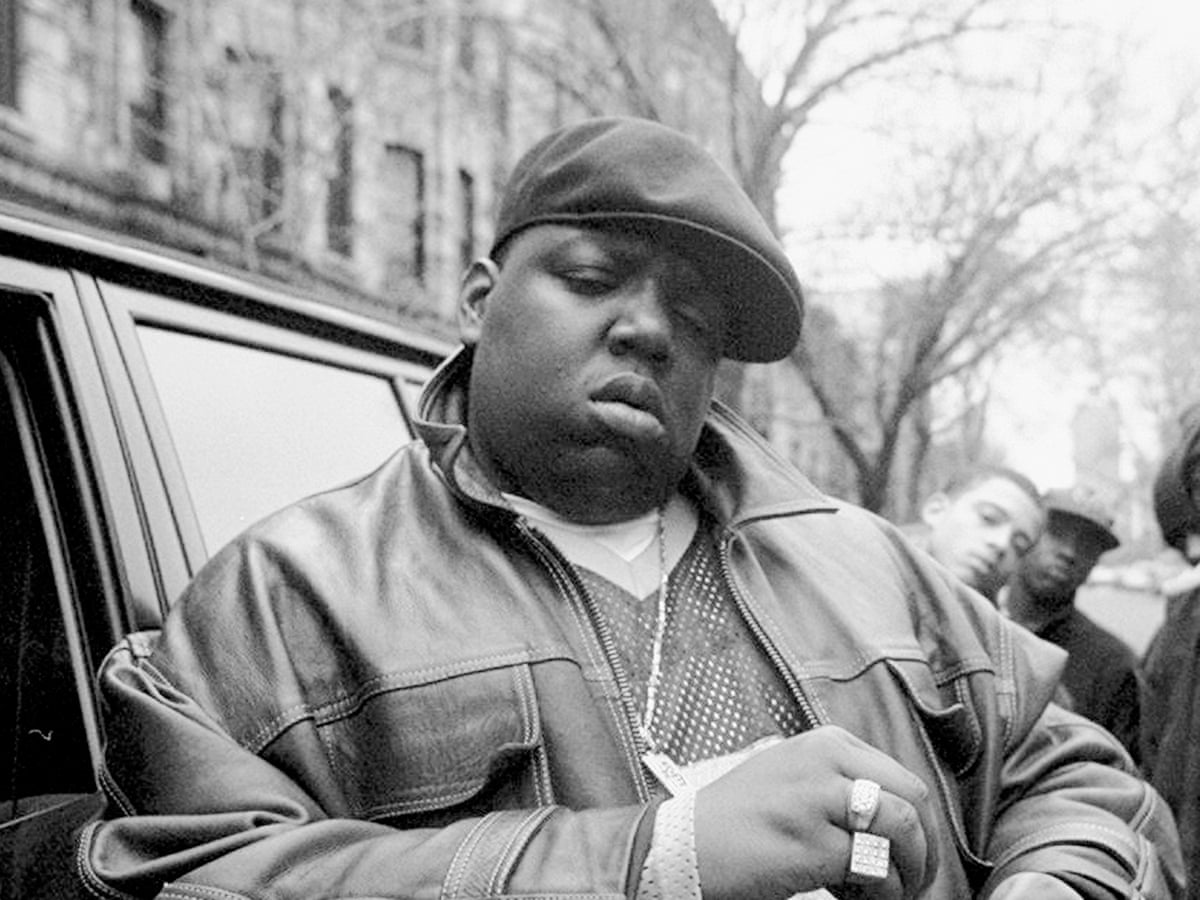
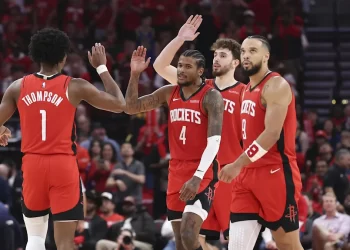
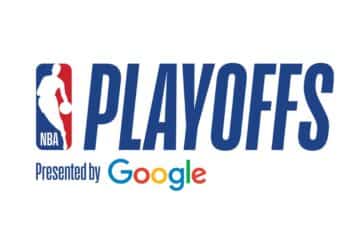
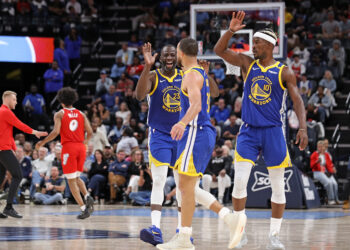


Comments 1